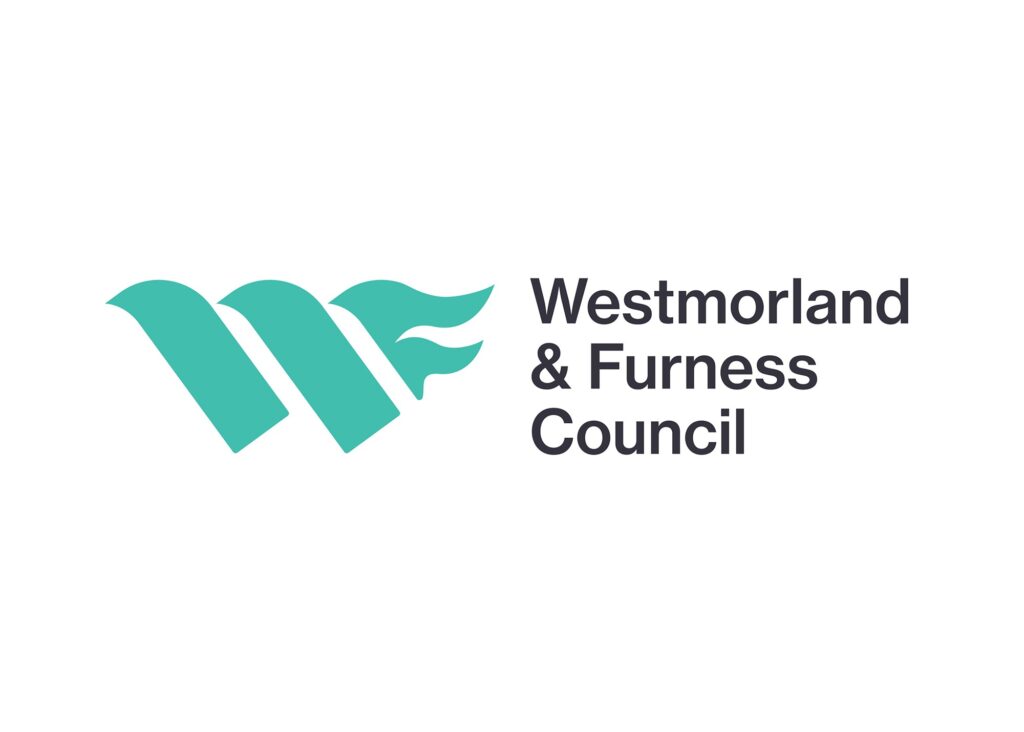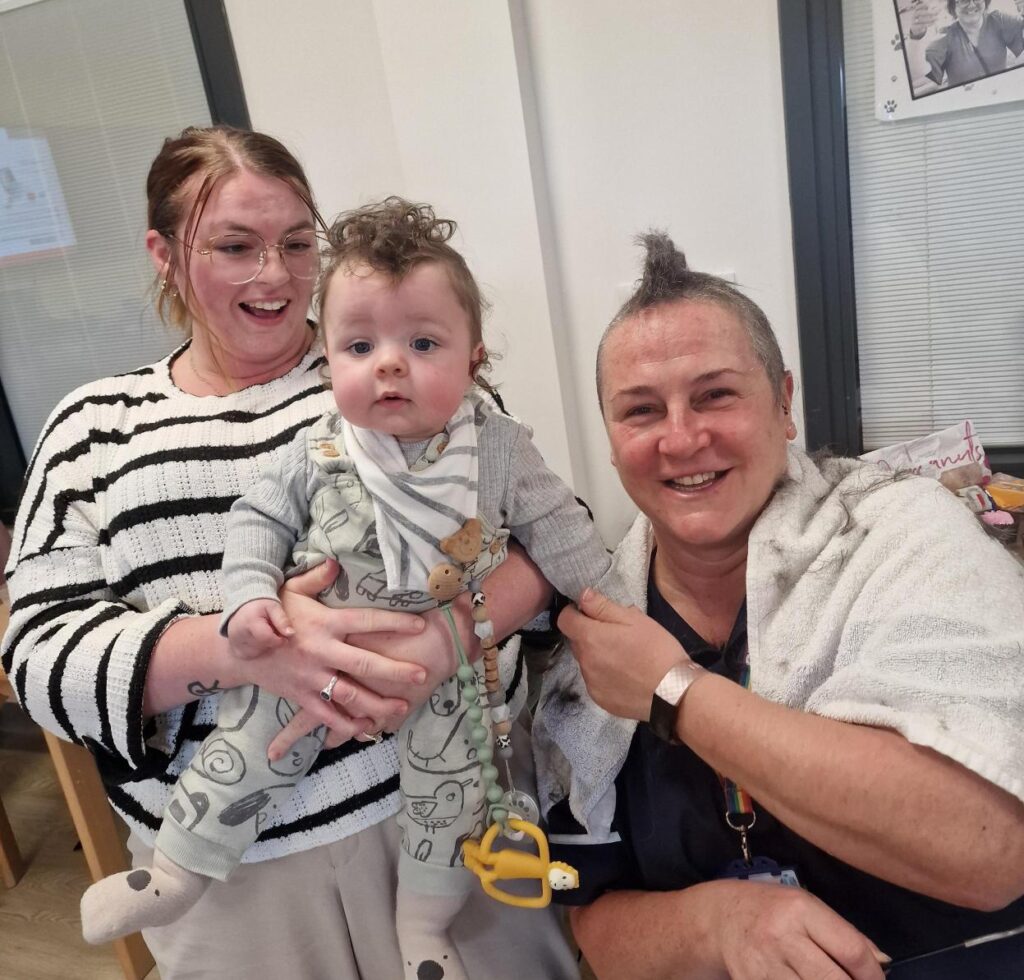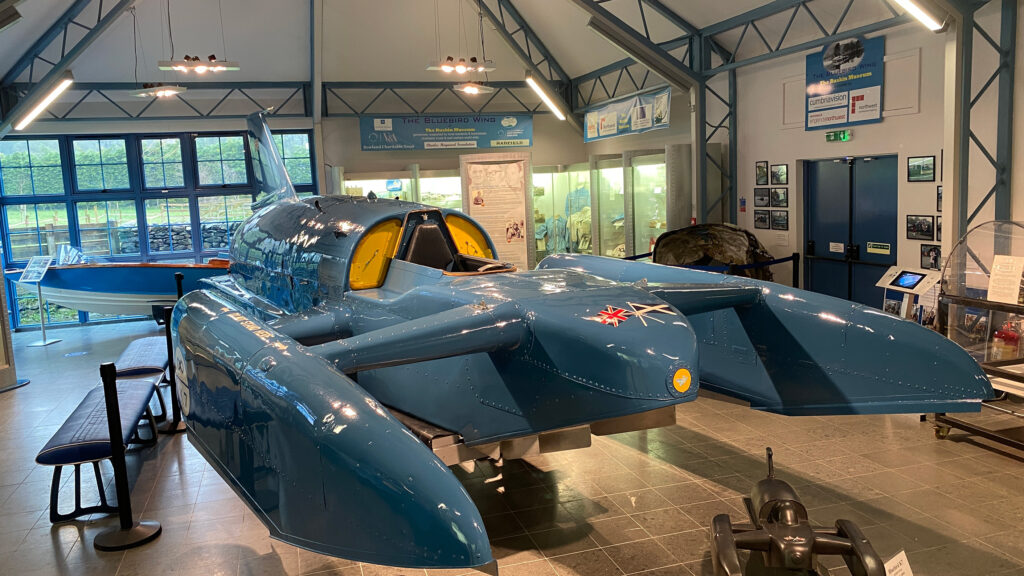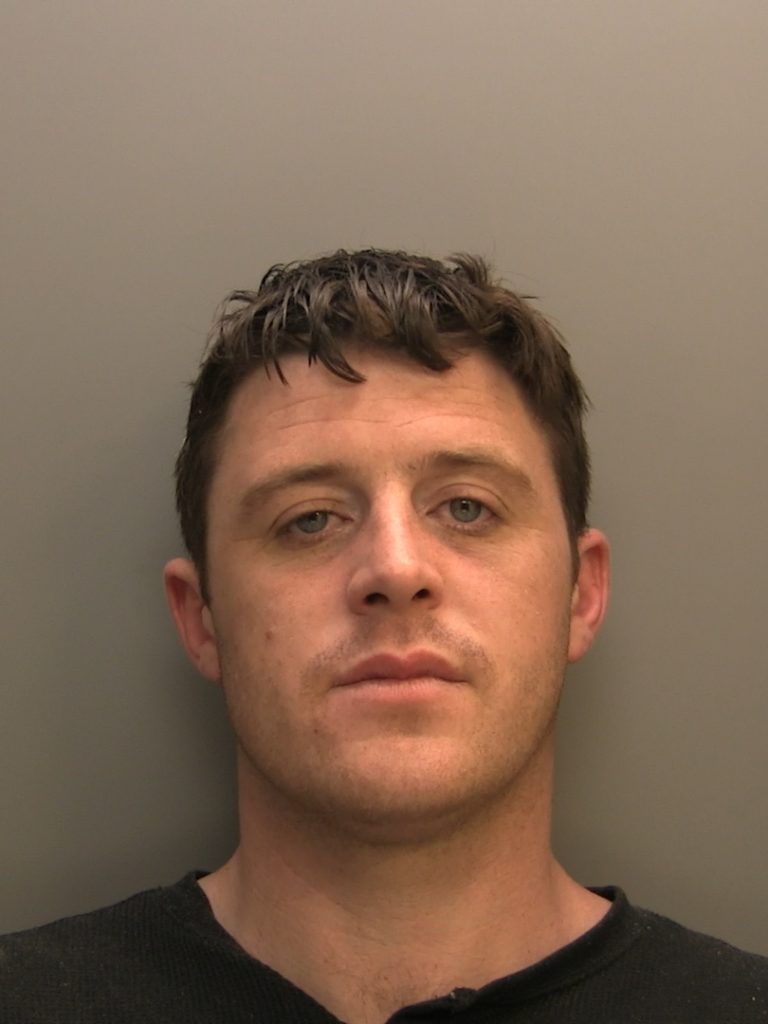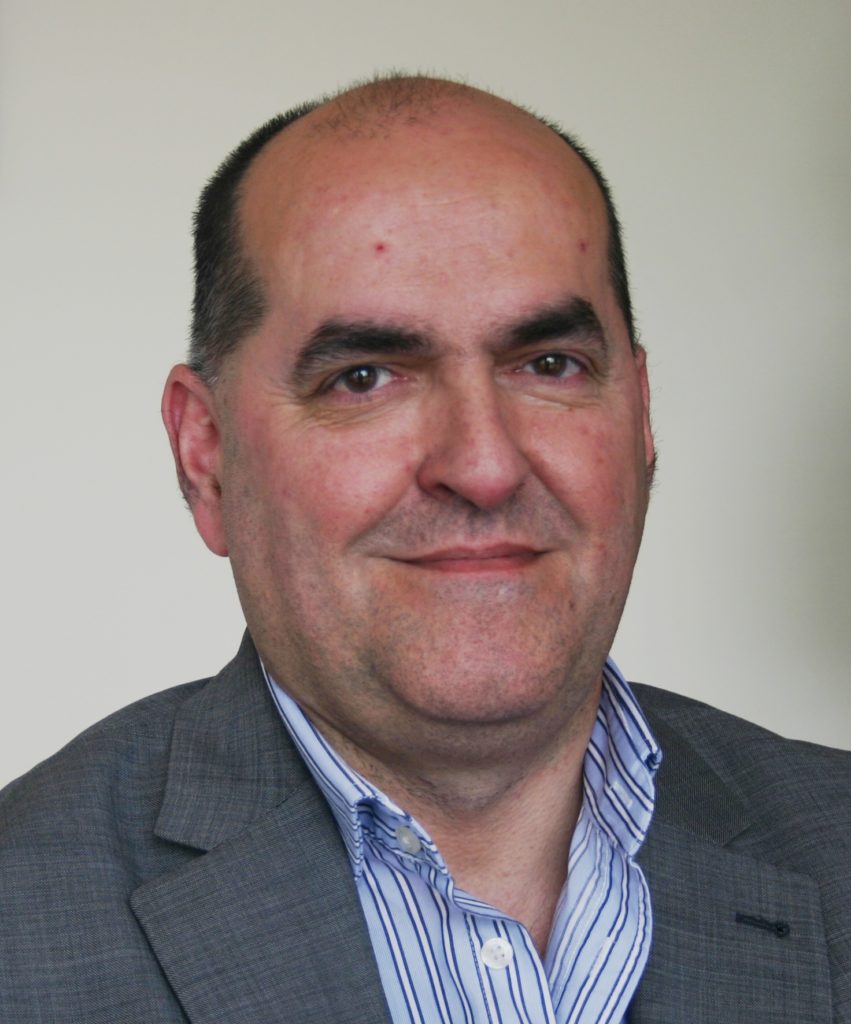Defibrillator database will save lives
Written by John Williamson on 08/08/2018
The announcement of a national defibrillator database by the NHS, the British Heart Foundation (BHF) and Microsoft has been welcomed by the region’s ambulance service. The partnership aims to map the life-saving devices so they can be made readily available for every out-of-hospital cardiac arrest in the UK.
Defibrillators are small machines which can ‘shock’ a person’s heart into restarting after a cardiac arrest. If this can be done in the first few minutes, patients have a 60-70 per cent chance of making a full recovery. They are easy to use, easy to carry and they won’t deliver a shock unless it is required. There is no clinical training required to be able to use the machine.
North West Ambulance Service NHS Trust (NWAS) already holds a list of defibrillators but estimates there are thousands that remain unknown and hidden in businesses, hotel chains, factories, shopping centres and smaller organisations such as social and sports clubs and schools.
The BHF states that public access defibrillators are used in less than 3 per cent of out-of-hospital cardiac arrests, significantly reducing the survival chances of tens of thousands of people every year.
There are over 30,000 out-of-hospital cardiac arrests every year in the UK, but less than 1 in 10 people survive. In countries where the public are better equipped to recognise and deal with cardiac arrests, survival rates are up to three times higher.
Learn how to save a life in under three minutes with Agent Lifesaver – https://youtu.be/azmpvgIdjAA
Community Engagement Manager at NWAS, Andrew Redgrave said: “The use of CPR and public defibrillators can mean the difference between life and death for a patient in cardiac arrest.
“Defibrillators allow everyday members of the public to become lifesavers by providing the all-important shock before our ambulance crews arrive. Even just two or three minutes earlier can make a huge difference.
“We know that many people raise funds in their local area to have defibrillators installed but they often forget to tell us they’ve done so. This means that we could get a call for a suspected cardiac arrest where this potentially life-saving piece of kit is available and we can’t tell the caller to go and get it.
“The more defibrillators we know about, the more lives will be saved. It’s that simple.”
The national defibrillator database will launch in spring 2019, but defibrillator guardians in Cheshire, Merseyside, Greater Manchester, Lancashire and Cumbria can register their lifesaving devices with North West Ambulance Service now at nwas.nhs.uk.


